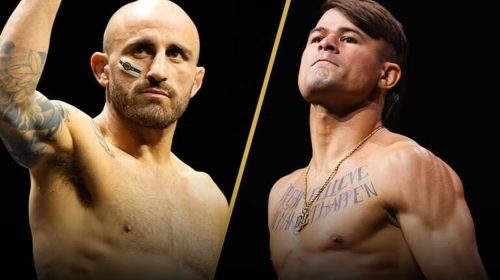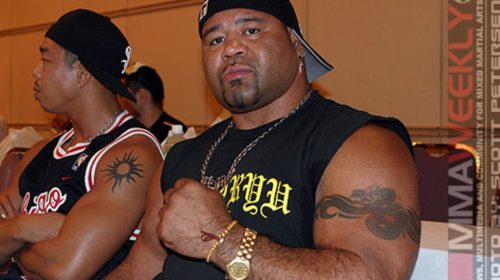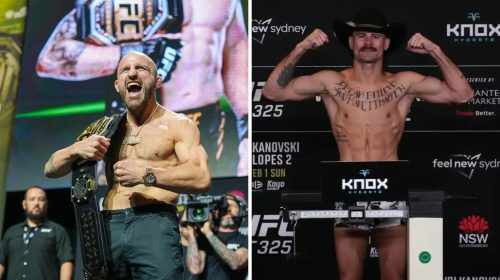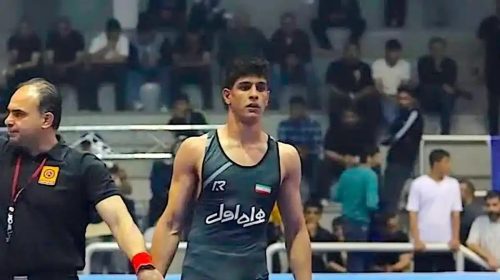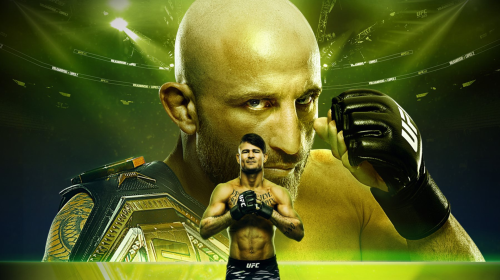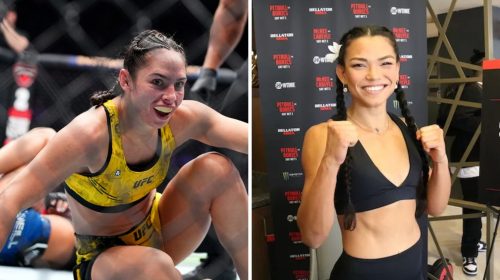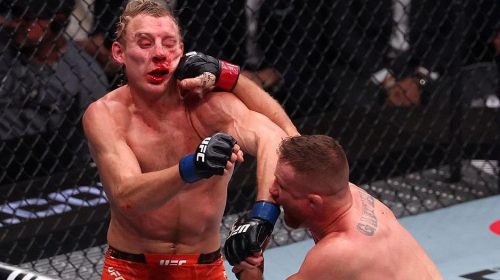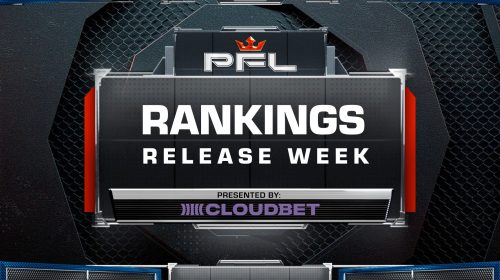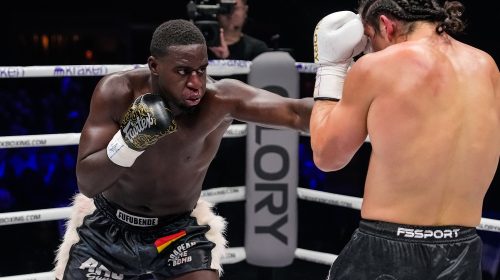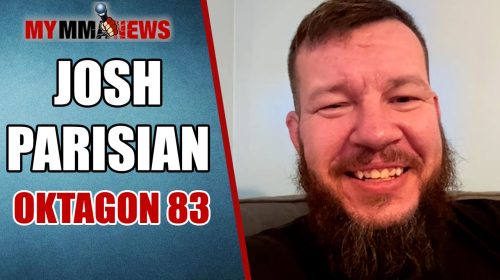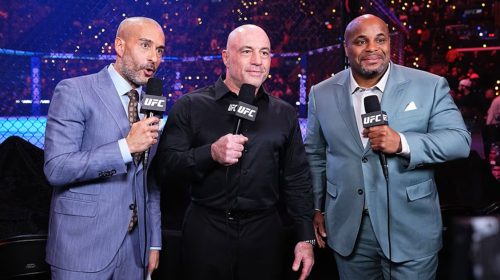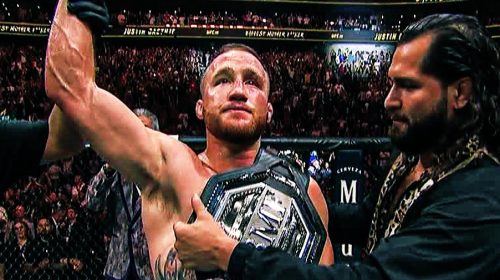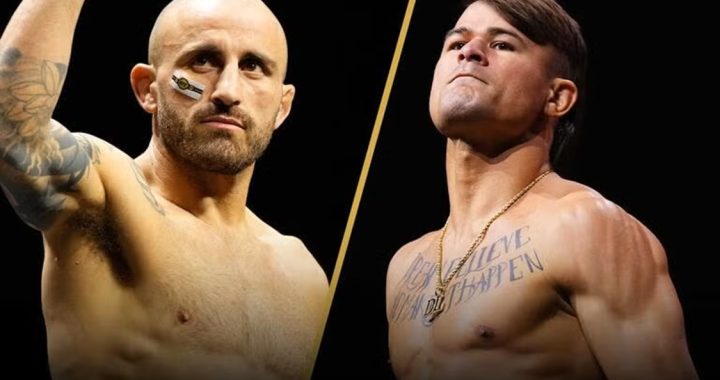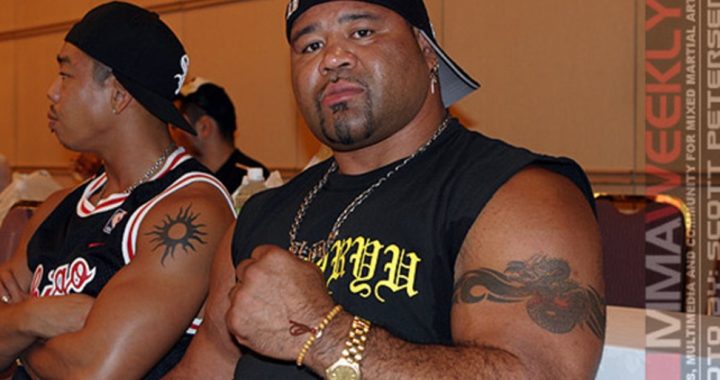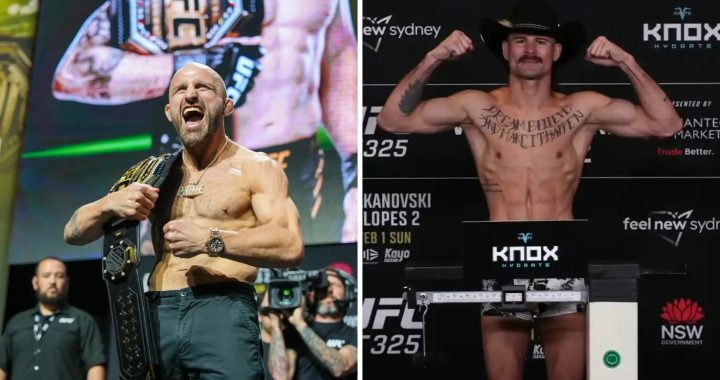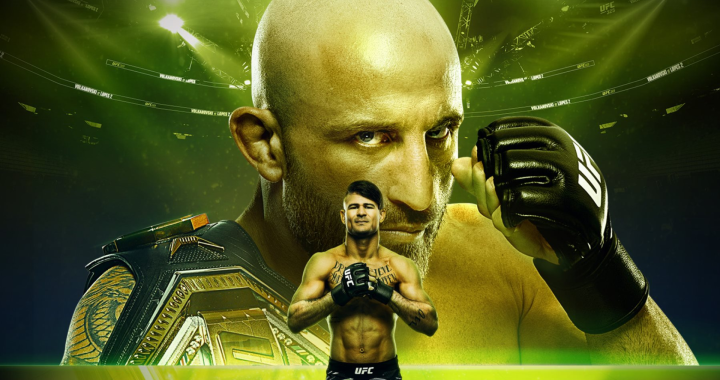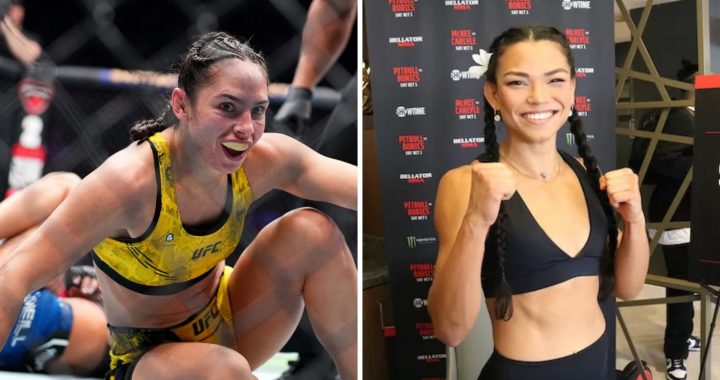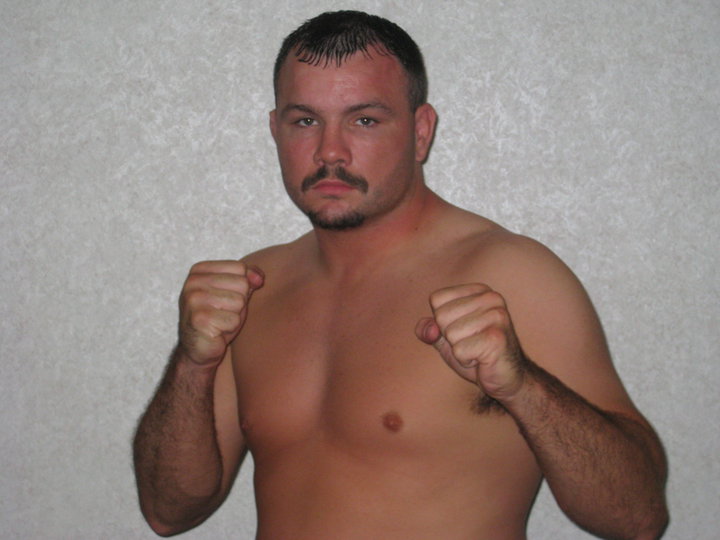
Travis Fulton Q&A: Untouchable Fight Count, Early MMA Highlights and Procrastination
Travis Fulton is a legend when it comes to mixed martial arts. Having more than 300 professional fights on his record (depending on which site you check), Fulton is by far the most experienced fighter in sanctioned MMA history.
Tony Reid – I like to ask every fighter I interview, hypothetically, if they could fight anyone who they would like to fight and why. You may be the worst person to ask this question but I’ll ask anyway. Is there one guy out there you never fought that you wish you had?
Travis Fulton – “Back in the days when I was a hardcore fan, I wanted to fight the best and most well known fighters. I didn’t care if I won or lost, I just loved the sport and in my mind it would’ve been an honor to just step in the ring with them. Before I had fought in UFC 20, I wanted to fight (and beat) all the beatable, strictly stand up, past UFC fighters. Actually got the chance by fighting Felix Lee Mitchell and Sam Adkins, but I wanted to take on Tank Abbott, Paul Varelans, Larry Curetan, Gerry Harris, and a few other “traditional” martial artists. Basically just because I knew that they’d be easy to take down and submit. Fast forward to 2012, and I’m not even a fan of MMA anymore. There’s nobody out there that I’d care to fight and even turned down fights recently against Jason Brilz and Darril Schoonover. The purses I was offered was actually kind of insulting (because I’m sure they were offered much more) and I think both fights would’ve been bad match ups for me.”
Tony Reid – You competed in some (well most) of the earliest NHB and MMA events. What were your thoughts and feelings at the time about entering the competitions and your performance overall? What are your thoughts looking back now at your time spent in the Octagon?
Travis Fulton – “MMA has existed in the US since the early 1990s. The only promotion that has survived and became a household name is the UFC. In the 90s the International Fighting Championships, Pancrase, World Vale Tudo, International Vale Tudo, and a few smaller scale events were the UFC’s competition. If you were to mention one of these promotions to a newbie, Spike TV bred MMA fan and you’ll just receive a puzzled and confused look as he mulls over what insult he’s going to throw back at you in response for not knowing anything about MMA. I fought in UFC 20 and 21 and should’ve fought in UFC 26, at a time when you really had to earn a spot in the UFC. Now, a well marketed and protected fighter can be assured a chance in the UFC if his management plays their cards right.”
Tony Reid – I am currently rewatching every UFC event starting with UFC 1. Being a part of that history, what would you want me or any fan to take away from the early days of the sport?
Travis Fulton – “In the early days there was honor. No trash talking, drama, cry baby fighters like you see out there today. You could stomp, head butt, knee the head on the ground, pull hair, strike the groin, etc. While brutal, you didn’t see a guy take an accidental knee to the head on the ground or a punch to the back of the head and then roll over and act like it killed him hoping that the referee will award him the win by disqualification.”
Tony Reid – Do you follow the sport as a fan today? What are your thoughts on the growth of MMA over the past few years? Do you have favorite fighters you enjoy watching today?
Travis Fulton – “As I said earlier, I’m not even a fan at all. Flipping through channels, I change the channel when I come across UFC fights as quickly as I change it when I see an episodes of The Jersey Shore or Kardashians. Anymore with the modern day douchebag UFC fan, I’d say that UFC fights and Jersey Shore are pretty much the same genre and appeal to the same audience. I don’t really have any favorite fighter or follow anybody. A lot of the guys fighting now were just kids when I started fighting, or I was further in my fighting career than they were. I’m happy for their success because I had a lot of the same opportunities that they did. My disappointment in my career was that I was always in the right place at the wrong time. That and early on in my fighting career I was an advocate for anti-training and beer drinking.”
Tony Reid – With everything you have seen over the years, can you share a behind the scenes story or two from your time in the sport that the average fan would never hear about?
Travis Fulton – “I could probably share hundreds of stories. I fought in the UFC and I’ve fought in the smoke filled bar where they pull drunken guys out of the crowd and let them tear into each other. I’ve fought for the shady promoters who take the gate money and ducks out the back door, and I’ve even been left stranded several times after an event was cancelled or concluded with no return flight home. I’ve had my opponent changed several times without my knowledge, been set up several more, and on a few occasions I even won my fight but the promoter would report to the databases and old school MMA web pages and publications that I lost, and a few of those losses are still on my record to this day. I’d say that my story of MMA would be much more enjoyable to read than the experiences of fighters who took the right fights and only fought for the biggest organizations, where their shadiest MMA moments would be how the promotion didn’t provide water in their locker room or would only fly out 2 cornermen and his wife instead of 5 cornermen, his wife, parents and in-laws.”
Tony Reid – With over 300 fights on your record how on earth have you never suffered a major injury?
Travis Fulton – “I’ve always been a durable guy. Even without having trained for the better half of my career, I was always able to go in there and fight the best, do well, and come away without a serious injury. I broke my hand twice (once I never even had it fixed), but that’s pretty much it. A couple cuts, a scratch cornea, and some bumps and bruises. Ironically both of my broken hands came in matches against guys who I could have easily beaten with any technique I wanted, but chose to stand and punch with them.”
Tony Reid – With so much time spent in the cage and in the ring do you worry about your quality of life as you get older?
Travis Fulton – “Nope, not in the least bit. I feel great physically, and have you talked to many fighters? The IQ level of an average fighter could easily be compared to that of Forrest Gump. I’d like to think that I have remained fairly articulate and can hold an intelligent conversation without slurring my words or relapsing back to a brawl I’d had 10 years ago.”
Tony Reid – In the early years as NHB and MMA were growing, the Midwest (Iowa, etc) was a hot spot for the sport. Can you talk about how you took advantage of the high number of fights and events there at that time and stayed overly busy?
Travis Fulton – “I wouldn’t say that I took advantage of the high number of fights in Iowa. To be honest, I have learned that having had so many fights has left me between a rock and a hard place as far as my MMA career goes. It turned me into a journeyman of sorts. I was a lot of fighter’s ultimate test to see if they were ready for the next level. If they beat me, they were the next budding up and coming fighter, and if I beat them, they just weren’t ready for that level of competition. Nearly every fight I took was a lose/lose. Now I have too many fights for some tight ass state athletic commissions to even approve anybody to fight me. In short, I was an MMA promoter’s wet dream. I fought anybody, I almost always showed up (cars do breakdown and flights do get cancelled, and that’s what happens when you bring a guy in with such a short window to fight time in order to save $50 on a hotel room), and I’d fight hard every single time.”
Tony Reid – You have stated in the past that when you were fighting at the highest levels of the sport (UFC, Pancrase, etc.) you didn’t see the inside of a gym more than once a week. What was your mindset going into a fight with an elite organization knowing you haven’t really trained for it?
Travis Fulton – “I didn’t have much of a mind set other than going out and having some fun. I wasn’t arrogant enough to think that I was the toughest guy on the planet and didn’t need to train. I just loved fighting and hated training. Training was boring.”
Tony Reid – How important is it to you to have an MMA fighting record that no one will ever touch?
Travis Fulton – “About as important as having herpes. By the way, I don’t have herpes. I don’t think anyways. It’s hard to brag about it when I know that 25% of my opponents were easy wins. A few of which had no business even being in the ring. So it’d be easy for people to discredit me. The big name fighters that I had beaten have either long since retired or have been drowned a sea of no name fighters who I also have wins over.”
Tony Reid – You had a very interesting childhood, in the past talking about your father’s well paying job, a rough spot when you weren’t financially stable and a comeback of sorts. Can you quickly share your childhood story with us?
Travis Fulton – “I actually had a pretty decent child hood. My parents were together until I was a teenager, we always had food on the table, and I had lots of brothers and sisters and most of the time we had our own rooms. Yes we were poor for several years in the 1980s, but poor in a sense of wearing $10 shoes and sharing socks and underwear with my brother. There are far worse hard case stories out there. Sorry to disappoint but Uncle Bill didn’t molest me, my parents weren’t crack heads, and I’m not stepping in the ring with my abusive father every time I fight. On that note, my dad was actually a great father.”
Tony Reid – You might have more street fights than sanctioned MMA fights. Which street fight was the most memorable?
Travis Fulton – “Well I think I might want to refrain from sharing any street fighting stories on here. You never know, that guy I beat up outside the bar or in a dark alley might be reading this and would be able to use it against me. I had some fun ones though. Never lost any of them, contrary to popular urban legend stories.”
Tony Reid – Talk about how being a procrastinator has affected your career in the sport.
Travis Fulton – “All I can say is that procrastination is like masturbation, in the end all you’re doing is fucking yourself. I will never get back my prime years that I spent being lazy, drinking beer and playing video games.”
